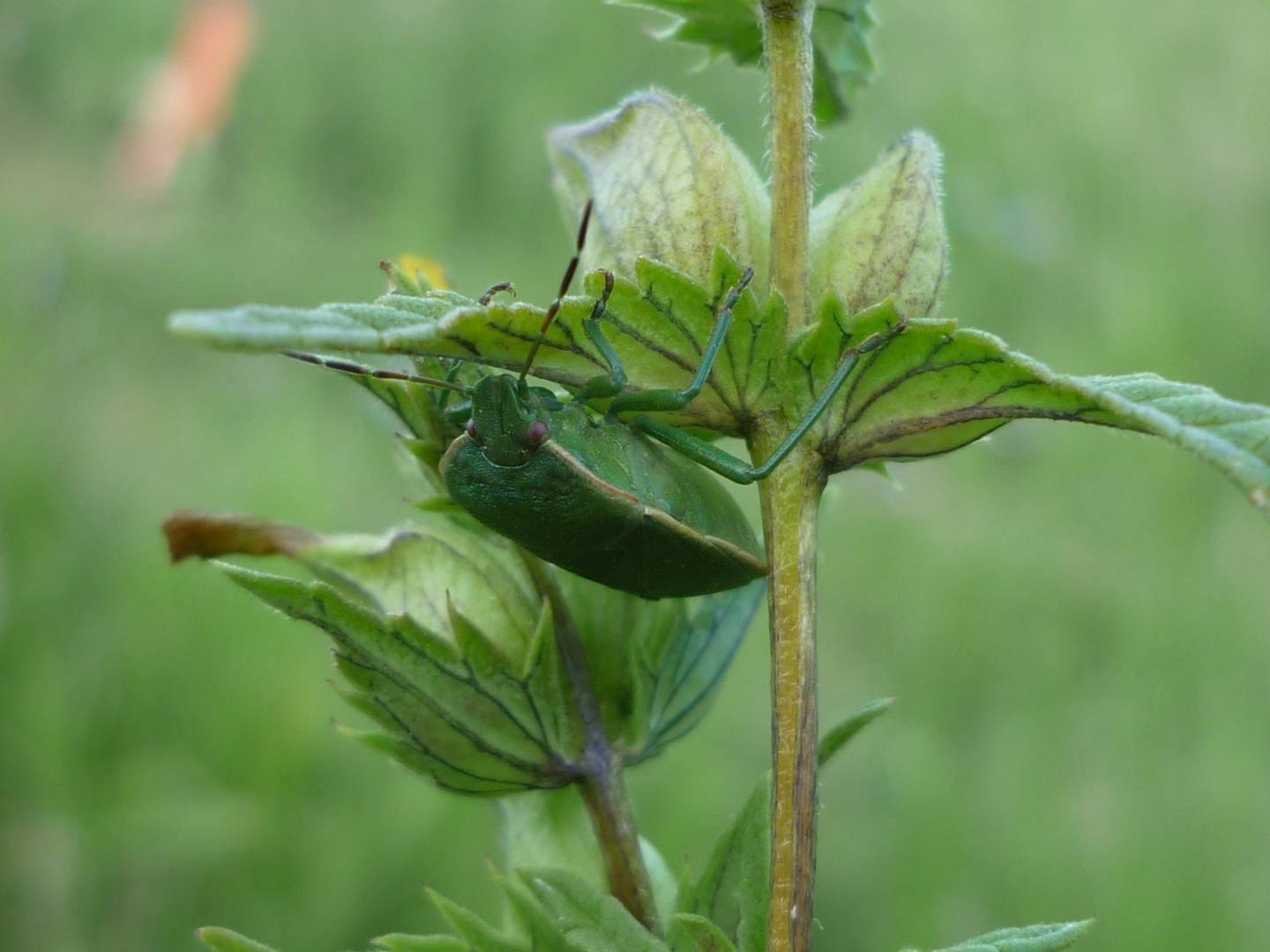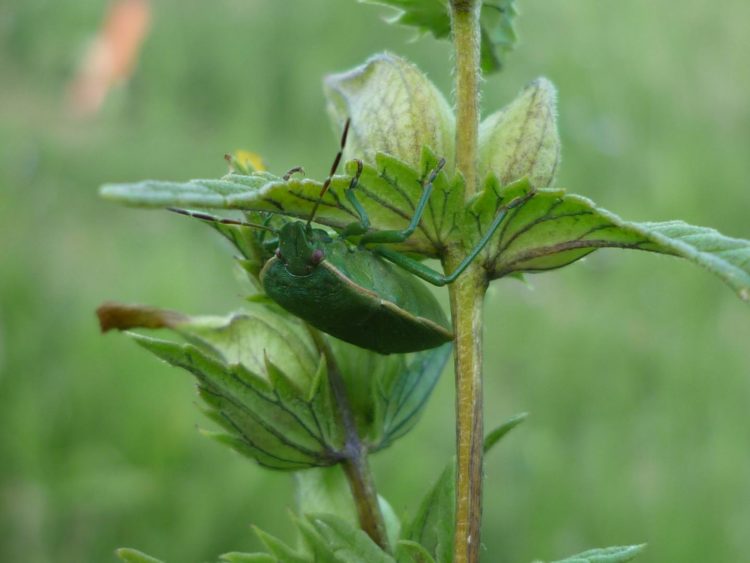Study of local adaptation provides important insights into evolutionary forces

Credit: Photo credit: Anna Hargreaves
Species adapt to their local climates, but how often they adapt to their local communities remains a mystery. To find answers, researchers at McGill University and the University of British Columbia examined over 125 studies testing local adaptation in over 100 species of plants and animals in an article published in The American Naturalist.
“Local adaptation occurs when a population evolves to better suit its local surroundings. We already know that environmental pressures like temperature and drought can drive adaptation, but the impact of living pressures like competition or predator-prey relationships is less clear,” according to Anna Hargreaves, an assistant professor of biology at McGill University.
By comparing transplant experiments that used relatively natural environments to ones that reduced stressors like weeds and predation, the researchers examined how often such interactions among species drive local adaptation.
Surprisingly, they found that although the interactions strongly affected how well species grew, survived, or reproduced, interactions did not necessarily spur adaptation. “We expected experiments to show us stronger local adaptation when stressful interactions were left intact. But we found that it wasn’t stronger or common in these cases–except perhaps in the tropics,” says Hargreaves.
According to the researchers, this is intriguing evidence that interactions might be more evolutionarily important in the tropics. Evolutionary biologists have long speculated that species might drive each other’s evolution more often in the tropics, given the amazing diversity of tropical species, but evidence supporting this theory has been sparse until now. The authors say more direct tests of what drives local adaptation, especially studies of tropical species, are needed before we truly understand how interactions between species influence local adaptation.
###
About McGill University
Founded in Montreal, Quebec, in 1821, McGill University is Canada’s top ranked medical doctoral university. McGill is consistently ranked as one of the top universities, both nationally and internationally. It?is a world-renowned?institution of higher learning with research activities spanning two campuses, 11 faculties, 13 professional schools, 300 programs of study and over 40,000 students, including more than 10,200 graduate students. McGill attracts students from over 150 countries around the world, its 12,800 international students making up 31% of the student body. Over half of McGill students claim a first language other than English, including approximately 19% of our students who say French is their mother tongue.
http://www.
http://twitter.
Media Contact
Shirley Cardenas
[email protected]
514-398-6751
Original Source
https:/
Related Journal Article
http://dx.





